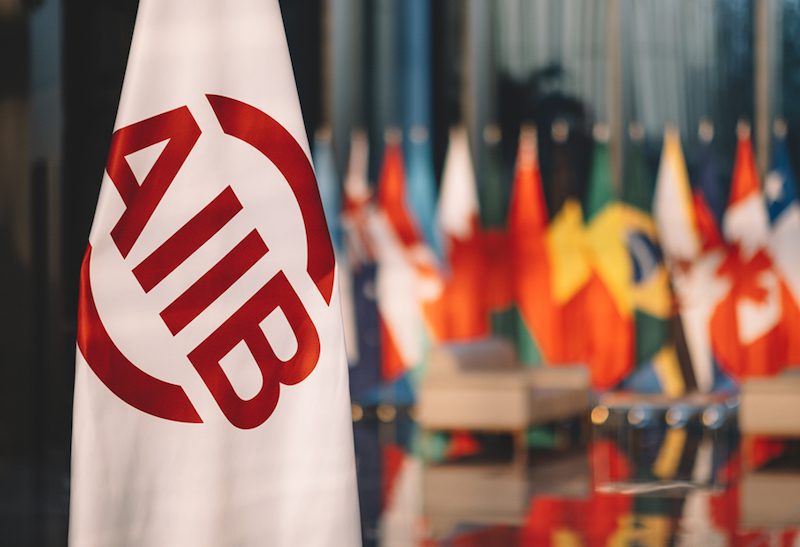
Matteo Giovannini, Senior Finance Manager at Industrial and Commercial Bank of China
Jan 30, 2026
China’s creation and evolution of the Asian Infrastructure Investment Bank illustrates a strategy of shaping, rather than overturning, the global financial order by working within multilateral norms while highlighting the limits of existing development institutions. The AIIB’s growth, governance practices, and partnerships show how China is advancing influence through institutional participation and reform by example, underscoring both the opportunities for engagement and the risks of exclusion for the United States in an increasingly multipolar financial system.
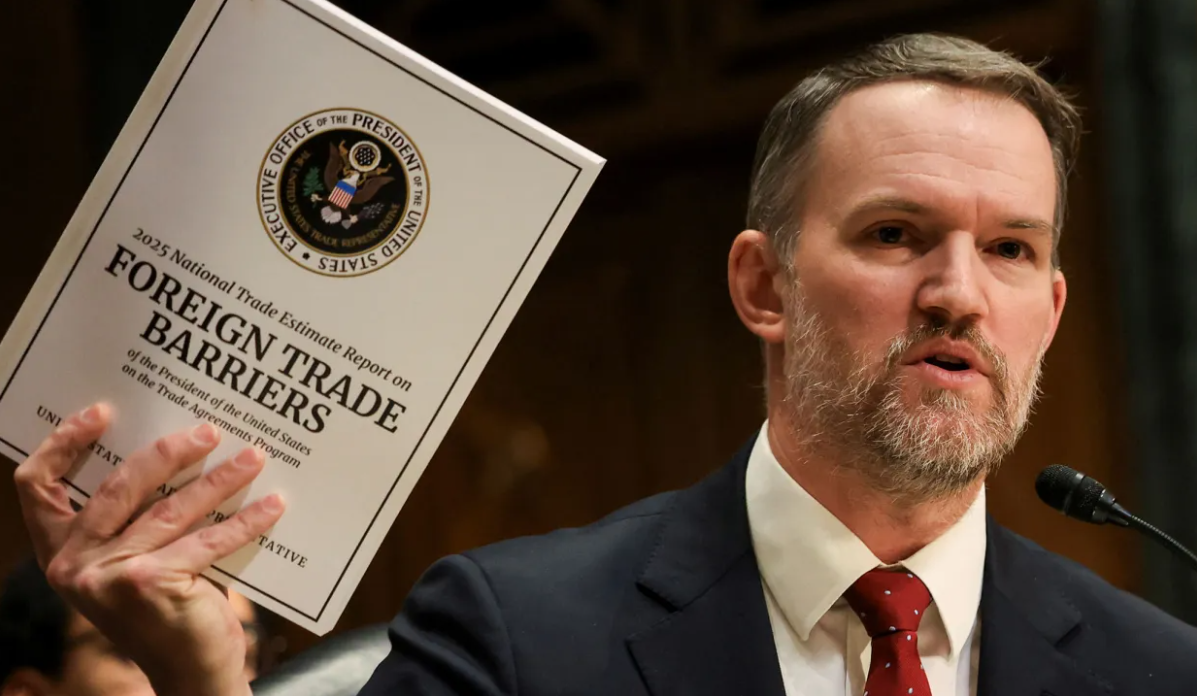
Zhang Monan, Deputy Director of Institute of American and European Studies, CCIEE
Dec 22, 2025
The Turnberry System is a way to replace the WTO-based postwar multilateral trading system with bilateral agreements. It marks a significant turning point in global trade rules and will profoundly impact the global trade landscape.
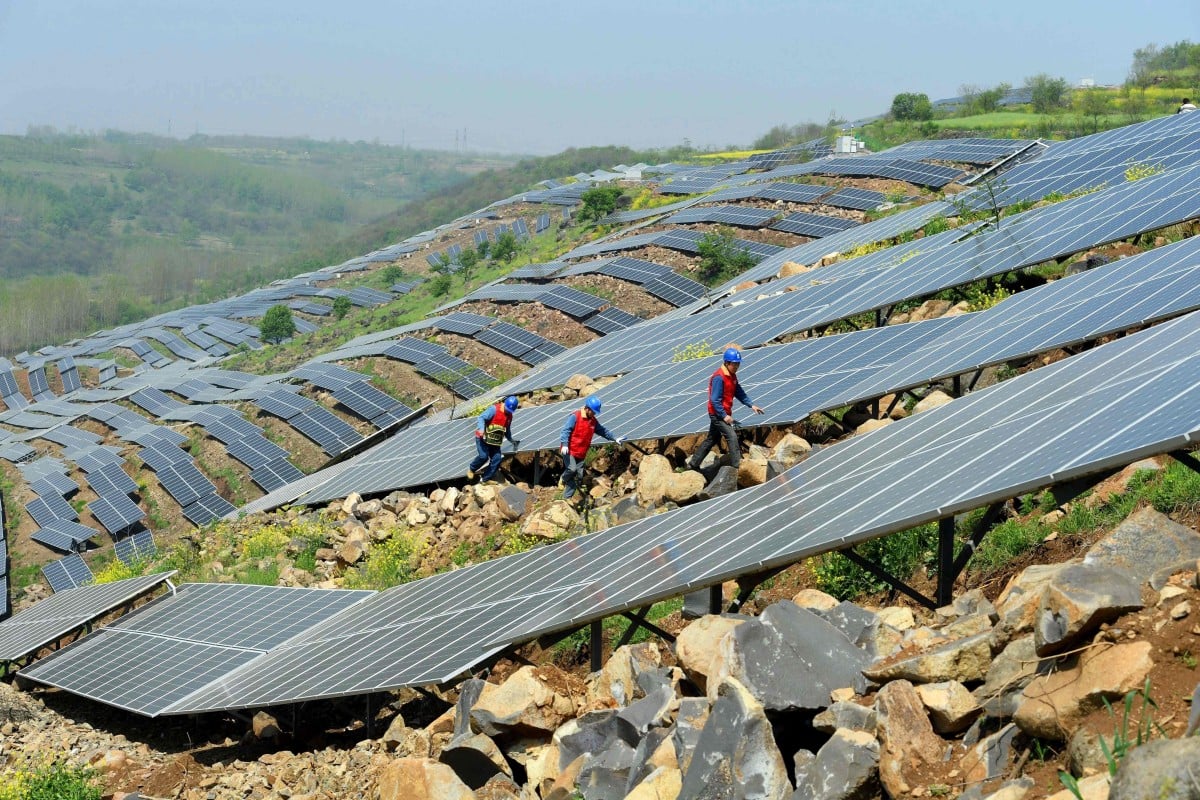
Ludovic Subran, Chief Investment Officer and Chief Economist at Allianz
Dec 09, 2025
Another great transformation is underway in China. The world’s factory is fast becoming its first electro-state, with an economy increasingly built on clean energy, AI, advanced manufacturing, and control of key strategic materials. This new model is full of promise, though it faces major challenges.
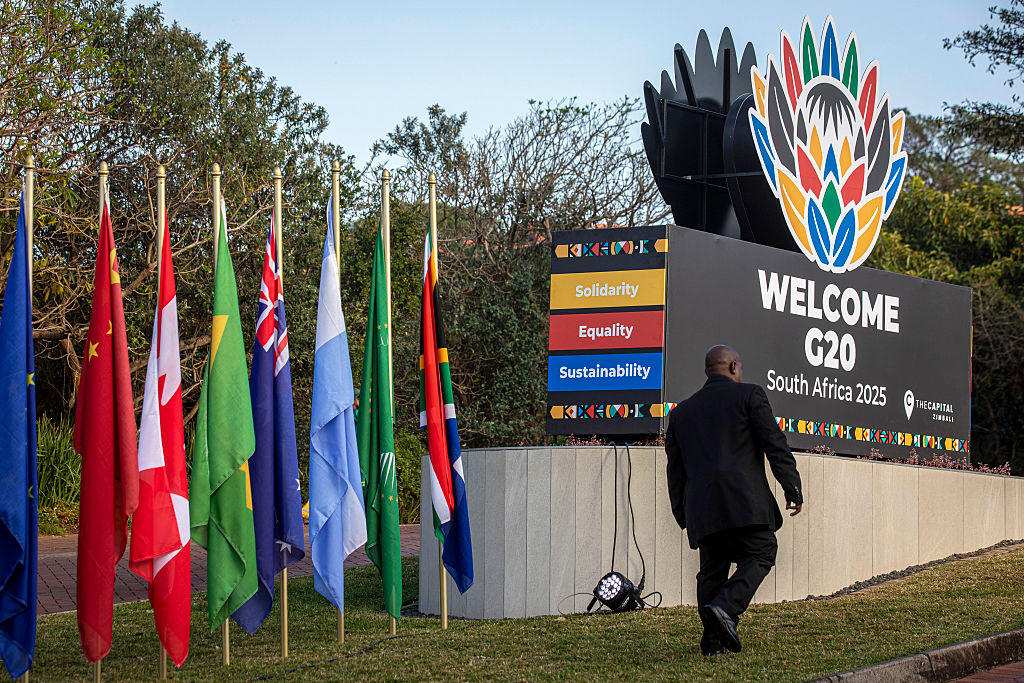
Gu Bin, Associate Professor, Beijing Foreign Studies University
Dec 02, 2025
A world order without the United States has been discussed widely. One example relates to reform of the World Trade Organization, whose dispute settlement mechanism has been paralyzed by the U.S. since 2019. Now there could be a solution.

Zhang Monan, Deputy Director of Institute of American and European Studies, CCIEE
Nov 28, 2025
The impact on the global economic and trade landscape is unmistakable. These tariffs will establish trade frictions a a new normal and drive global supply chains toward some form of decoupling. They may also provoke countermeasures from other economies, especially given the constrained role of the WTO.
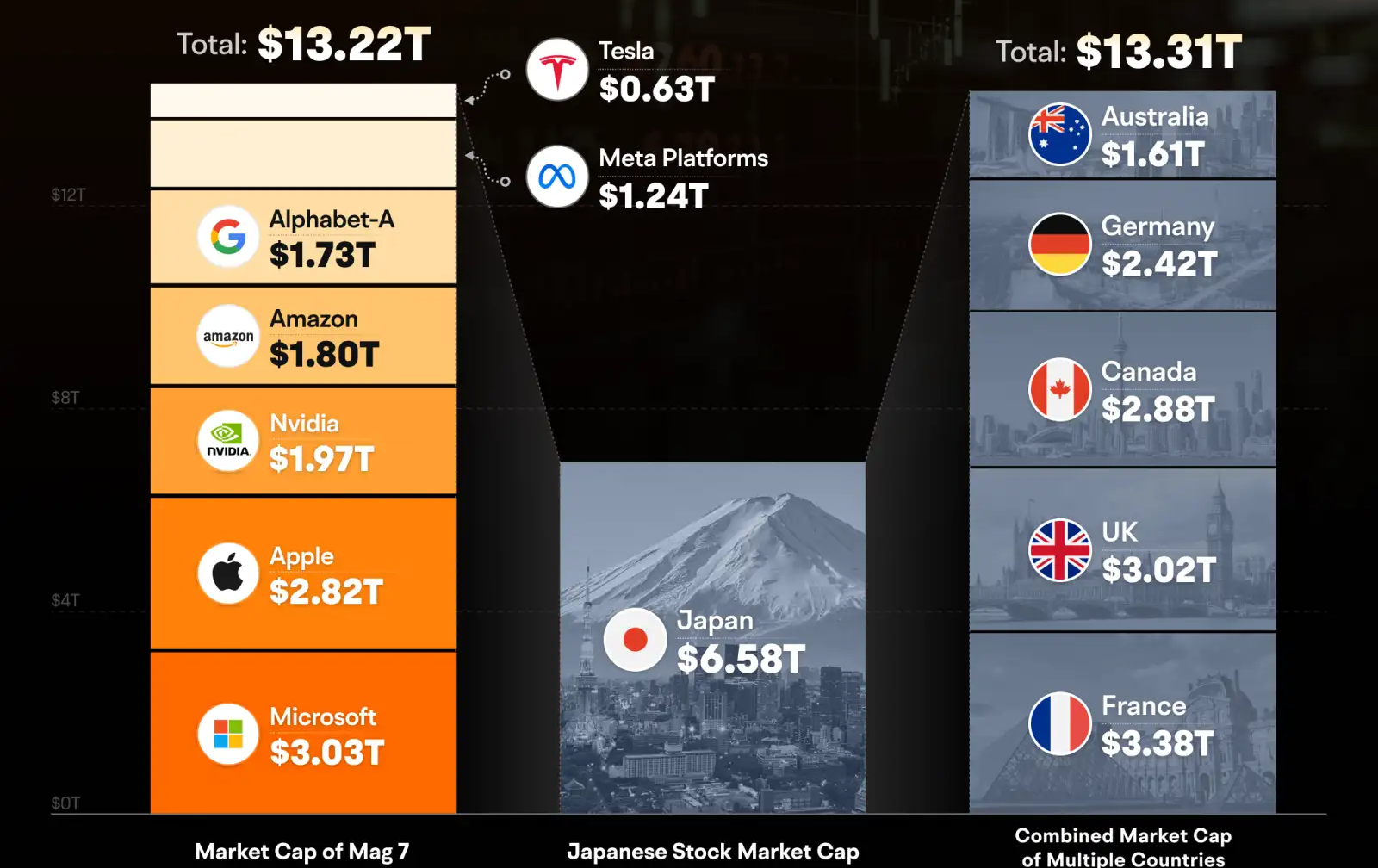
Wang Lei, Assistant Research Fellow, Institute of World Political Studies, CICIR
Nov 21, 2025
The Trump administration is fundamentally transforming the relationship between the private sector and the U.S. government. As American capitalism evolves, the underlying logic of the global economy is quietly changing with it.
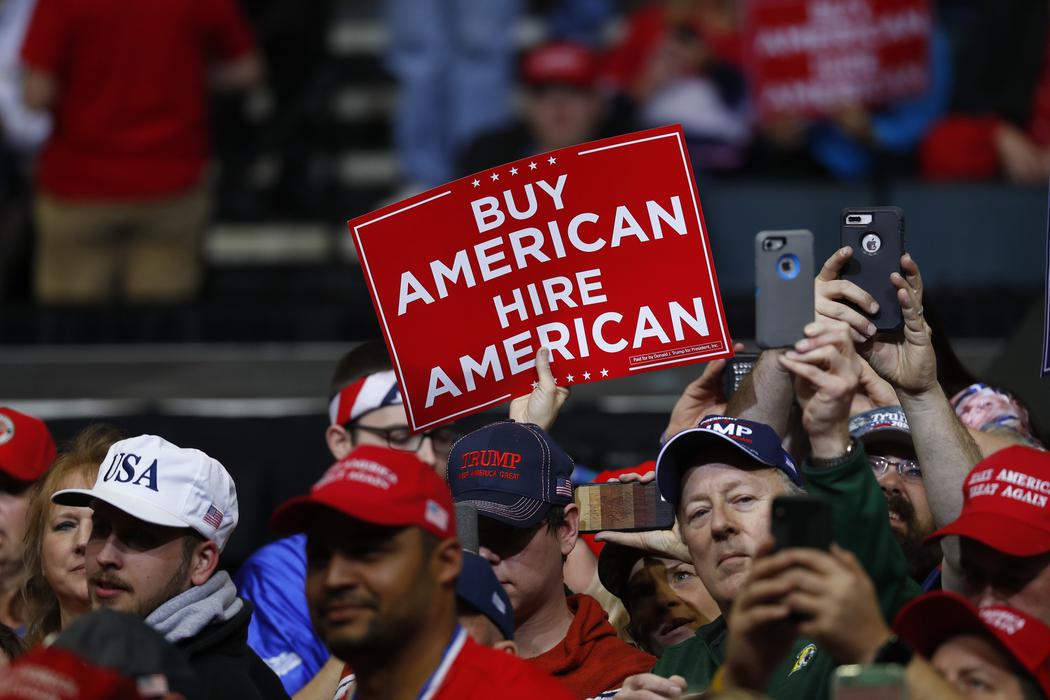
Ma Xue, Associate Fellow, Institute of American Studies, China Institutes of Contemporary International Relations
Oct 27, 2025
Donald Trump’s tariffs — the cornerstone of his economic agenda — are closely linked to inflation, revenues, spending and the reshoring of manufacturing. They are the key to assessing Trump’s economic impact, but they come with profound uncertainty.
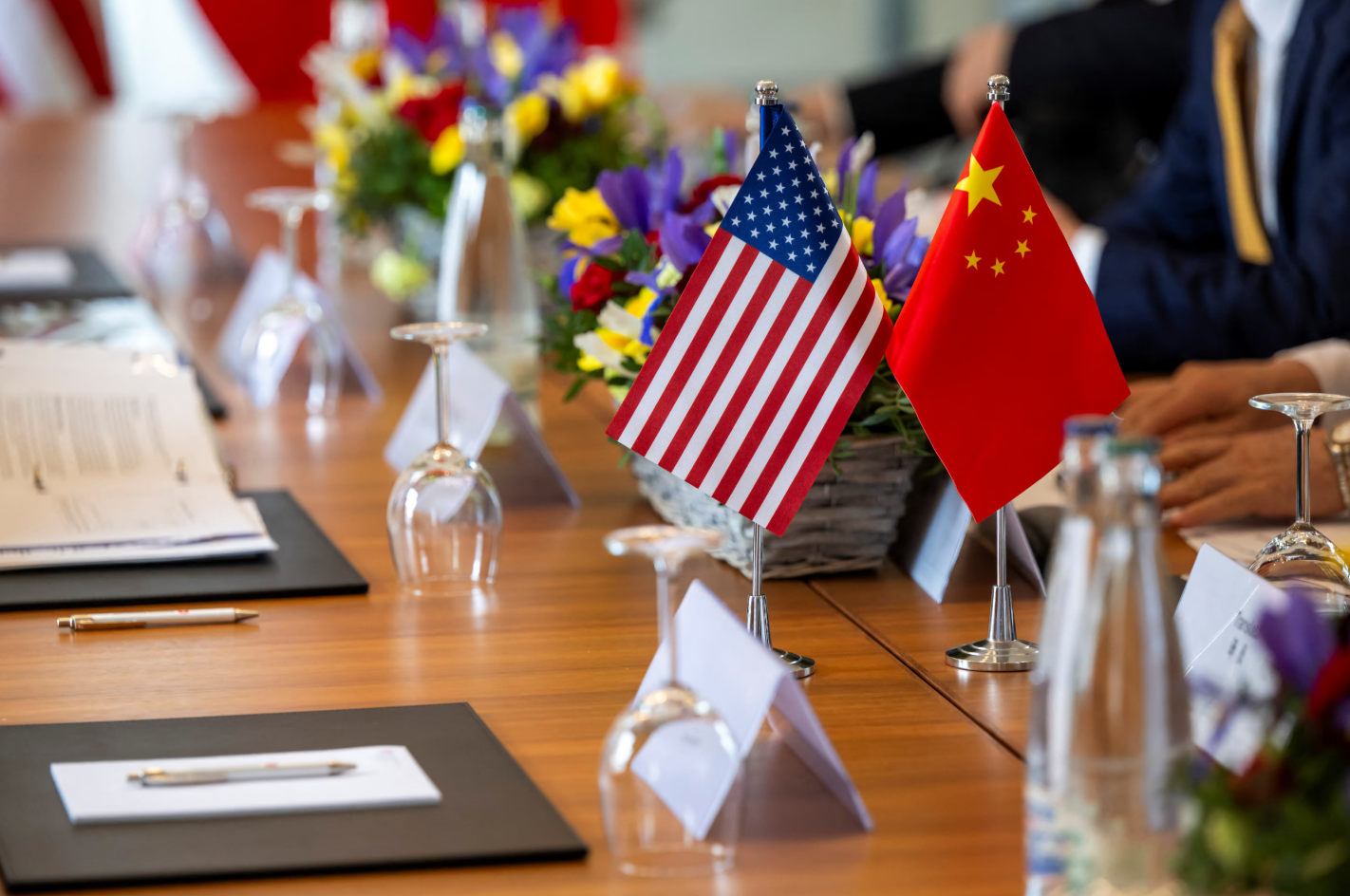
Warwick Powell, Adjunct Professor at Queensland University of Technology
Oct 27, 2025
John Maynard Keynes’ The Economic Consequences of the Peace (1919) remains one of the most prescient critiques of postwar settlement in modern history. In it, Keynes warned that victory can hollow itself out when the victors lose their sense of humility. The punitive reparations imposed upon Germany after World War I, he argued, sowed the seeds for future instability by humiliating and impoverishing a nation that, once stripped of dignity and hope, would not long consent to the order imposed upon it. His insight was both economic as well as moral and political: sustainable peace requires magnanimity, not vengeance; it presupposes an architecture of inclusion, not one of exclusion. In today’s parlance, it rejects blocs aimed at those outside and seeks to ground relations in the idea of indivisible peace.
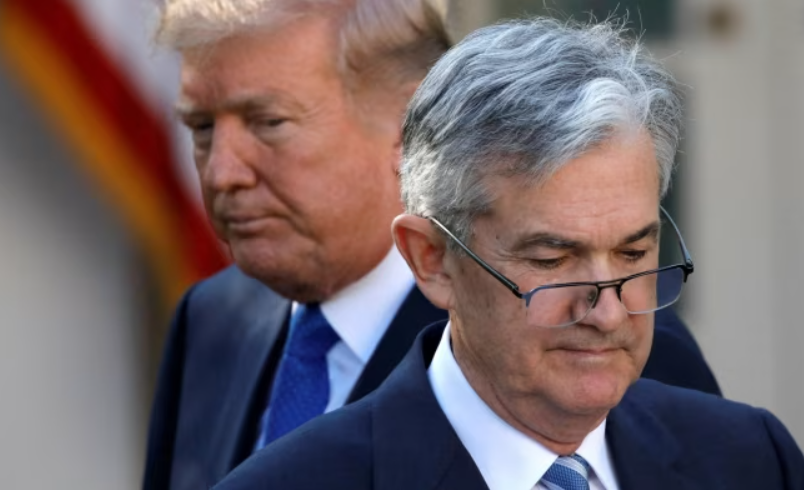
Han Liqun, Researcher, China Institutes of Contemporary International Relations
Oct 09, 2025
The unusual movements of U.S. Treasuries and the dollar reflect not only a global reassessment but also questions about America’s national power and international standing. The dollar’s hegemony may soon face a critical turning point.
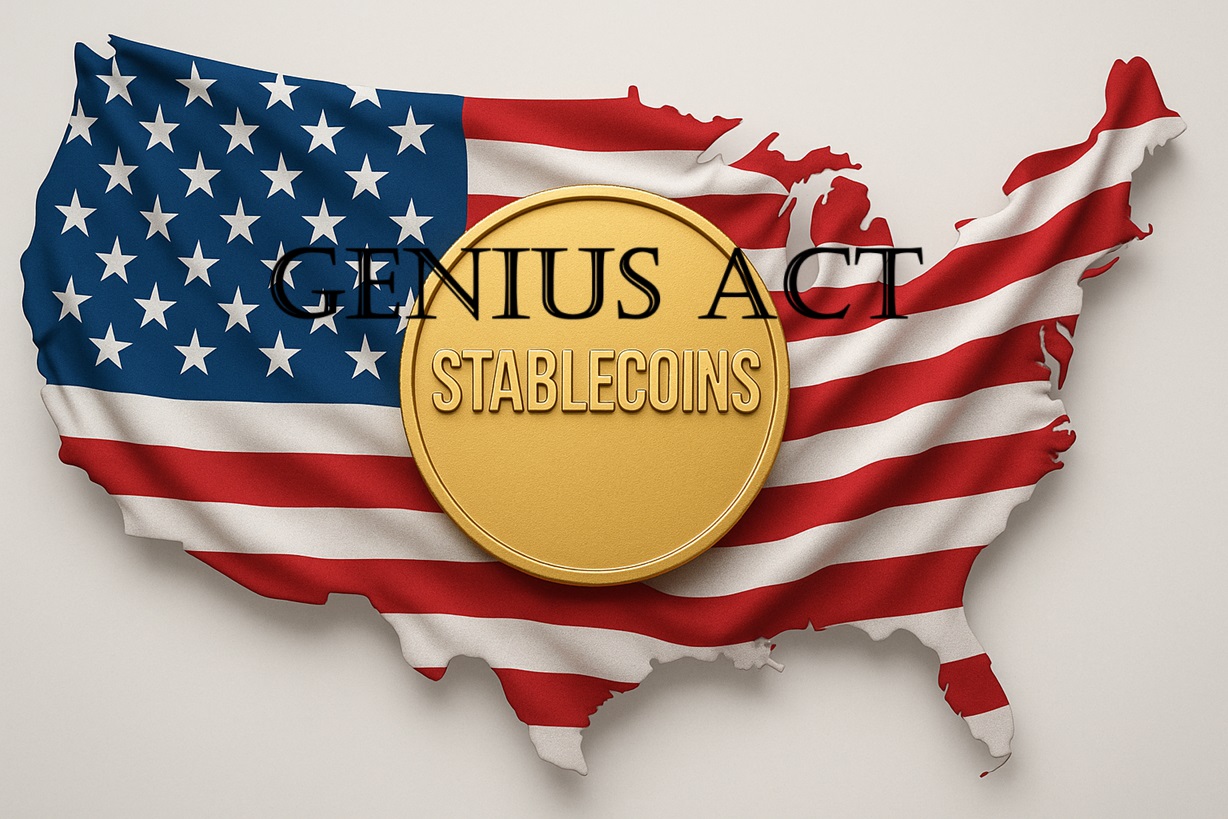
Yu Xiang, Senior Fellow, China Construction Bank Research Institute
Oct 02, 2025
Both the U.S. and China share an interest in preventing illicit finance, strengthening cybersecurity and ensuring global stability. What happens next will depend less on technology than on values and governance.
Back to Top

- China-US Focus builds trust and understanding between the U.S. and China through open dialogue among thought leaders.
- Our Offerings
- Topics
- Videos
- Podcasts
- Columnists
- Research Reports
- Focus Digest
- Stay Connected
-
Thanks for signing up!
- Get the latest stories from China-US Focus weekly.